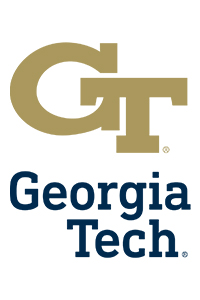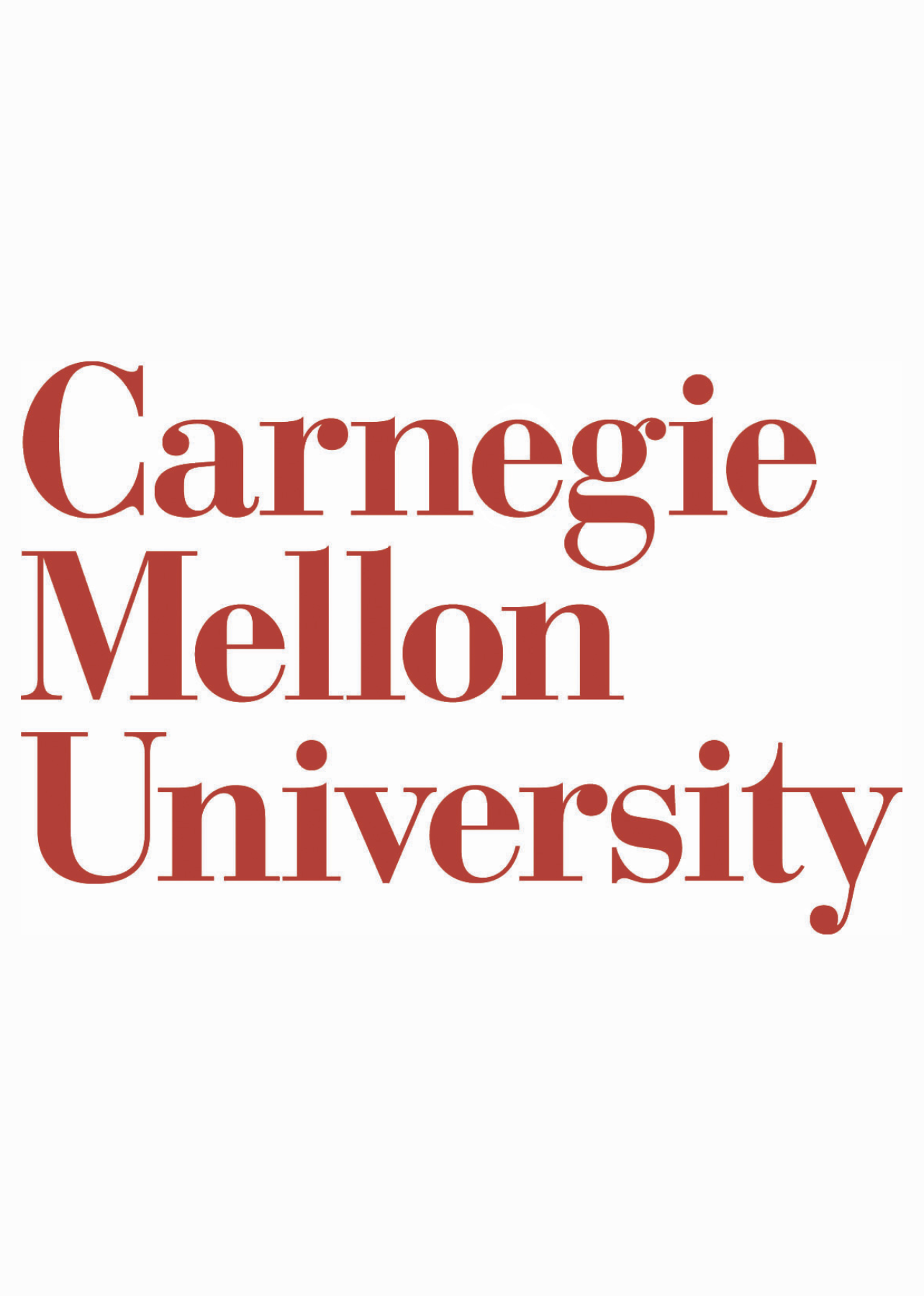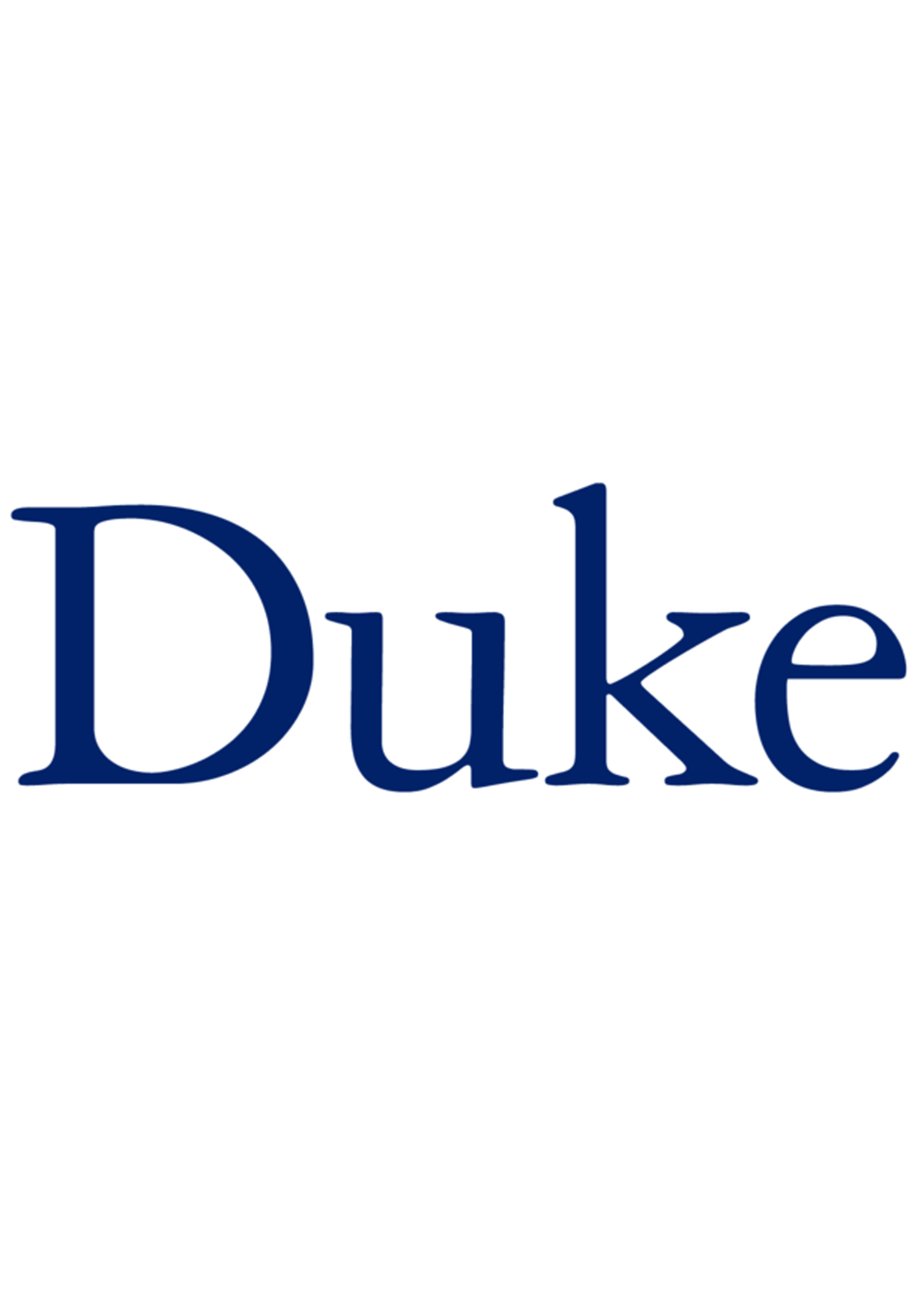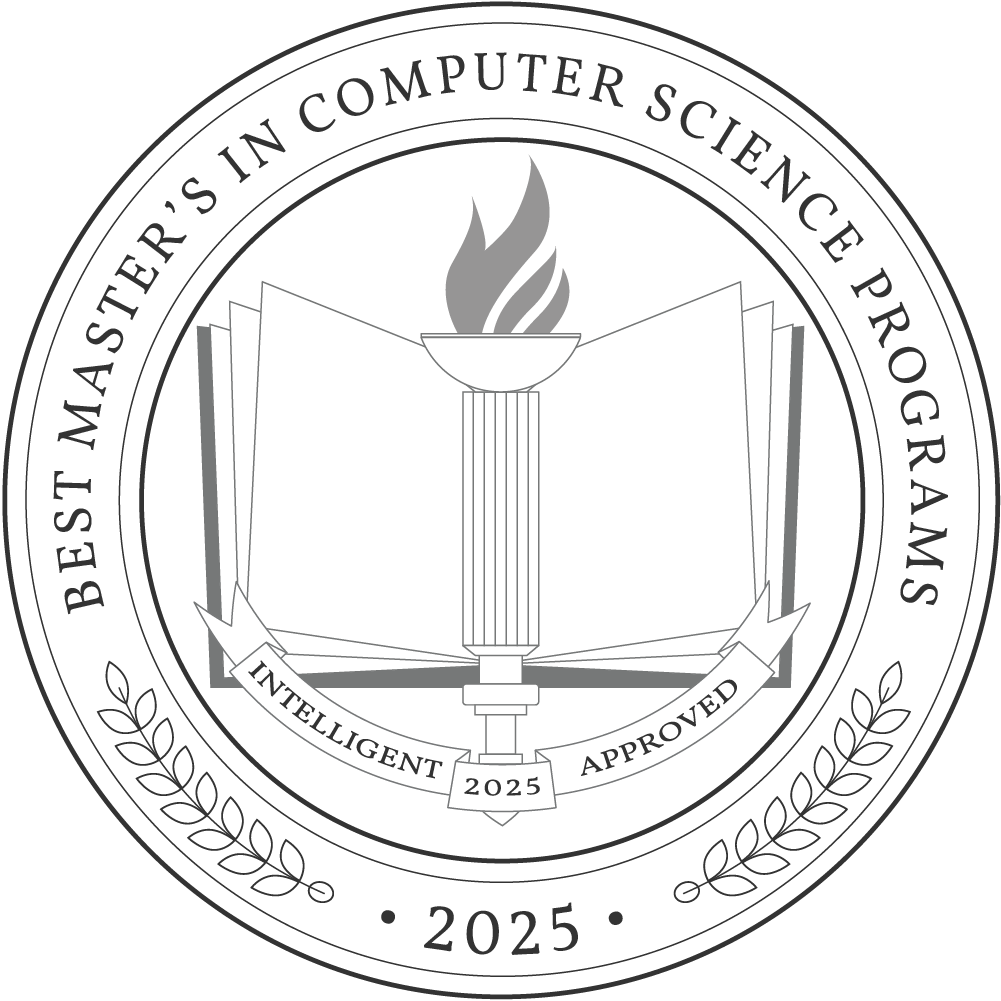A master’s degree in computer science provides students with a foundation for advanced computer and information technology careers. Students graduate with a thorough understanding of computer science topics, including software design, machine learning, computer networks, and data science. Graduates go on to work as game designers, artificial intelligence specialists, information systems managers, and software developers.
Computer and information technology jobs are growing faster than average, with 356,700 openings projected yearly. The annual median income for this sector is $104,420, but salary will depend on the industry, position, and location. Web developers and digital designers have a median annual income of $92,750, while information research scientists have a median wage of $145,080.
Master’s degree programs in computer science often require between 30 and 60 credits for graduation, with most students completing the program with two years of full-time study. However, part-time or accelerated programs are also available. The average annual tuition and fees for master’s degree programs is $20,513. Graduate students who require on-campus housing can expect to pay more.
Why Trust Us
The Intelligent.com Higher Education Team is dedicated to providing students with independent, equitable school and program rankings and well-researched resources. Our expert-driven articles cover topics related to online colleges and programs, paying for school, and career outlooks. We use data from the U.S. Department of Education’s College Scorecard, the National Center for Education Statistics, and other reputable educational and professional organizations. Our academic advisory team reviews content and verifies accuracy throughout the year for the most current information. Partnerships do not influence rankings or editorial decisions.
- Analyzed over 2,000 national, accredited, and nonprofit colleges and universities
- 800+ rankings pages are reviewed and updated yearly
- Content is informed by reputable sources, surveys, and interviews with academic advisors and other experts
- Over 100 data points are reviewed for accuracy and quality throughout the year, including sources
How we rank schools
Our list features the best Computer Science degree programs at top colleges nationwide. Each school featured is a nonprofit, accredited institution — either public or private — with a high standard of academic quality for post-secondary institutions.
We evaluated each school’s program on tuition costs, admission, retention and graduation rates, faculty, reputation, and the student resources provided for online students. We collected data from trusted sources like the National Center for Education Statistics, individual school and program websites, school admissions counselors, and other data sources. Then, we calculated the Intelligent Score on a scale of 0 to 100 based on the following criterion:
Academic Quality:
- Admission rate versus enrollment rate
- Retention rate of students who return after year one
- Accreditation status (regional and programmatic)
- Nonprofit status, both private and public institutions
Graduation Rate
- Overall graduation rate
- Total number of currently enrolled students, including diversity metrics
- Student-to-faculty ratio
Cost and ROI
- In-state and out-of-state per-credit tuition rates and fees
- Required credits to graduate
- Earning potential after graduation
- Availability of federal student loans, scholarships, and other financial aid options
Student Resources
- Available student services for online-only and hybrid programs
- On-campus amenities like tutoring centers and the number of libraries
Read more about our ranking methodology.
Best 49 Accredited Master’s in Computer Science Degree Programs
FiltersInstitution Type
Status
- Intelligent Score
- Alphabetically By University Name
- Acceptance Rate
- Enrollment
- In-state Graduate Tuition
- Out-of-state Graduate Tuition
- In-state Undergraduate Tuition
- Out-of-state Undergraduate Tuition

Cornell University
Intelligent Score: 99.88In-state: $58,586
Out-of-state: $58,586
In-state: $29,500
Out-of-state: $29,500
SAT: 1400-1540
ACT: 32-35
$1,735
On-Campus
Middle States Commission on Higher Education
34

Stanford University
Intelligent Score: 99.32In-state: $55,473
Out-of-state: $55,473
In-state: $54,315
Out-of-state: $54,315
SAT: 1420-1570
ACT: 31-35
$1,356 - $1,391
On-Campus
Western Association of Schools and Colleges Senior College and University Commission
45

University of California, Berkeley
Intelligent Score: 98.5In-state: $11,442
Out-of-state: $41,196
In-state: $11,442
Out-of-state: $11,442
SAT: 1310-1530
ACT: 30-35
Resident: $817
Non-Resident: $1,633
On-Campus
Western Association of Schools and Colleges Senior College and University Commission
30

Georgia Institute of Technology
Intelligent Score: 98.49In-state: $28,106
Out-of-state: $49,218
In-state: $27,898
Out-of-state: $27,898
SAT: 1370-1530
ACT: 31-35
Resident: $586
Non-Resident: $1,215
On-Campus, Online
Southern Association of Colleges and Schools Commission on Colleges
30

University of California, Los Angeles
Intelligent Score: 98.14In-state: $11,442
Out-of-state: $41,196
In-state: $11,442
Out-of-state: $11,442
SAT: 1310-1530
ACT: 30-35
Resident: $1,007
Non-Resident: $1,846
On-Campus
Western Association of Schools and Colleges Senior College and University Commission
36

Yale University
Intelligent Score: 97.06In-state: $57,700
Out-of-state: $57,700
In-state: $44,500
Out-of-state: $44,500
SAT: 1460-1580
ACT: 33-35
$1,610
On-Campus
New England Commission of Higher Education
30

Columbia University
Intelligent Score: 96.84In-state: $57,864
Out-of-state: $57,864
In-state: $49,024
Out-of-state: $49,024
SAT: 1460-1570
ACT: 33-35
$2,462
On-Campus
Middle States Commission on Higher Education
30

Carnegie Mellon University
Intelligent Score: 95.76In-state: $57,560
Out-of-state: $57,560
In-state: $46,441
Out-of-state: $46,441
SAT: 1460-1560
ACT: 33-35
$756
On-Campus
Middle States Commission on Higher Education
48

University of Michigan
Intelligent Score: 94.03In-state: $16,520
Out-of-state: $53,669
In-state: $24,344
Out-of-state: $24,344
SAT: 1340-1520
ACT: 31-34
Resident: $1,920
Non-Resident: $3,431
On-Campus
Higher Learning Commission
30

University of North Carolina at Chapel Hill
Intelligent Score: 93.07In-state: $7,019
Out-of-state: $34,198
In-state: $10,552
Out-of-state: $10,552
SAT: 1280-1490
ACT: 28-33
Resident: $586
Non-Resident: $1,602
On-Campus
Southern Association of Colleges and Schools Commission on Colleges
30

Duke University
Intelligent Score: 90.10In-state: $55,880
Out-of-state: $55,880
In-state: $57,900
Out-of-state: $57,900
SAT: 1470-1570
ACT: 34-35
$3,631
On-Campus
Southern Association of Colleges and Schools Commission on Colleges
30

University of Illinois Urbana-Champaign
Intelligent Score: 89.23In-state: $14,317
Out-of-state: $33,824
In-state: $15,016
Out-of-state: $15,016
SAT: 1200-1460
ACT: 27-33
$686
On-Campus, Online
Higher Learning Commission
32

University of California San Diego
Intelligent Score: 88.53In-state: $11,442
Out-of-state: $41,196
In-state: $11,442
Out-of-state: $11,442
SAT: 1310-1530
ACT: 30-35
Resident: $789 - $947
Non-Resident: $1,418 - $1,702
On-Campus
Western Association of Schools and Colleges Senior College and University Commission
40-48

University of Southern California
Intelligent Score: 87.52In-state: $59,260
Out-of-state: $59,260
In-state: $47,880
Out-of-state: $47,880
SAT: 1340-1530
ACT: 30-34
$2,424
On-Campus, Online
Western Association of Schools and Colleges Senior College and University Commission
32

University of Chicago
Intelligent Score: 87.44In-state: $57,642
Out-of-state: $57,642
In-state: $60,300
Out-of-state: $60,300
SAT: 1500-1570
ACT: 34-35
$1,318
On-Campus
Higher Learning Commission
36-48

Northwestern University
Intelligent Score: 87.31In-state: $58,227
Out-of-state: $58,227
In-state: $56,067
Out-of-state: $56,067
SAT: 1430-1550
ACT: 33-35
$1,917
On-Campus
Higher Learning Commission
48

University of Texas at Austin
Intelligent Score: 87.13In-state: $11,448
Out-of-state: $40,032
In-state: $12,028
Out-of-state: $12,028
SAT: 1210-1470
ACT: 26-33
Resident: $1,248
Non-Resident: $1,913
On-Campus, Online
Southern Association of Colleges and Schools Commission on Colleges
30

New York University
Intelligent Score: 85.95In-state: $52,204
Out-of-state: $52,204
In-state: $34,704
Out-of-state: $34,704
SAT: 1370-1540
ACT: 31-34
$2,335
On-Campus
Middle States Commission on Higher Education
30
How to Choose a Master’s in Computer Science Program
Choose your area of study
Due to the heavy focus on technology, mathematics, science, and engineering involved in computer science, this graduate degree is usually offered as a Master of Science. This type of degree focuses on developing students’ analytical and technical skills required in their future careers.
Computer science graduate students can choose a degree specialization that aligns with their career goals. The master’s degree program coursework is tailored to this area and prepares students with the skills to excel in this field. Common specializations include:
Research schools and programs
When researching the best computer science schools, look for those accredited by a recognized association, such as the Higher Learning Commission, Southern Association of Colleges and Schools, Middle States Commission on Higher Education, or the New England Commission of Higher Education. Accreditation ensures that the school provides a high-quality education recognized by employers, government agencies, and other institutions.
Many master’s in computer science programs are also programmatically accredited by the Accreditation Board for Engineering and Technology. Programmatic accreditation indicates that the program curriculum meets a set quality standard and adequately prepares students for their future careers.
You should gather information about potential computer science programs using various methods. For example, you can visit the computer science schools in person to attend campus tours or open houses, browse their websites, and follow them on social media. You can also speak with an admissions advisor or program representative to gather more information on the program and school culture.
Prepare for tests and applications
The admission requirements for a master’s in computer science will vary by institution and program. However, most will require you to have completed a bachelor’s degree in computer science, data science, mathematics, information technology, or a related field. You will also likely be asked to submit the following:
- Transcripts showing a GPA of 3.0 or higher
- A resume
- Letters of recommendation
- A personal statement
International students or those who speak English as a second language must also submit an English proficiency assessment. Before applying, review the admissions website carefully to ensure you have all the required materials. You can also speak with an admissions advisor to learn more about the application process and requirements.
Select your program
If you’re accepted into multiple computer science master’s degree programs, review your career goals and logistical needs before deciding. Choose the option that best prepares you for your future goals and aligns with your lifestyle. Consider the following:
- Is the program full-time or part-time?
- Is it in-person or online?
- Are the classes synchronous or asynchronous?
- Do they have on-campus housing?
- Is the campus easily accessible?
If you need guidance in narrowing your options, speak with an academic advisor. They’ll review the programs and help you find the best fit.
Determine how you’ll pay for your degree
Create an annual budget to determine if you can pay for your graduate program yourself or if you require financial assistance. Include the following:
- Tuition
- Fees
- Supplies
- Housing
- Transportation
- Living expenses
Submit the Free Application for Federal Student Aid (FAFSA) form to determine the total amount of financial aid you’re eligible for, including scholarships, grants, loans, and work-study funds. You can also ask the school if they offer fellowships or assistantships that provide tuition assistance.
What Can You Expect From a Master’s in Computer Science Program?
A master’s degree in computer science provides students with a thorough understanding of computer science theory, software development, and similar topics. Students will graduate from the program with the technical, management, and interpersonal skills to excel in high-level careers in computer science.
Students will take a combination of core computer science courses and elective computer science courses tailored to their chosen specialization. Common learning concepts include software development, computer systems, algorithms, machine learning, cloud computing, and software security. Learning methods include lectures, coursework, research projects, labs, and exams. Some programs will also conclude with a practicum or thesis.
Potential courses you’ll take in a master’s in computer science program
- Fundamentals of the Design and Analysis of Algorithms. Students will cover the fundamental concepts of algorithm design and analysis. The main topics include dynamic programming, divide-and-conquer strategies, NP-completeness, and deterministic and randomized graph algorithms.
- Introduction to Artificial Intelligence. This course covers the study of theories and computational models for intelligent systems. Students will discuss the subdisciplines of artificial intelligence, including deduction, planning, reasoning, language comprehension, knowledge systems, and learning.
- Principles of Scientific Computing. Students will review the principles and methods of numerical and scientific computing. Course topics will include the basic concepts of computational methods in algebra, probability, and optimization.
- Computer and Systems Security. This course covers the latest security research in software, including protocols, mobile devices, machine learning, emerging systems, sensors, and intelligent transportation.
- Principles of Data Management. The key principles of data management systems will be discussed, including storage management, file systems, buffer management, access methods, query processing, and optimization.
Master’s in Computer Science Degree Frequently Asked Questions
How do I apply to a master's in computer science degree program?
The application requirements for a master’s in computer science degree vary by school and program. Review the application website carefully to determine each school’s requirements and deadlines. Most programs require you to submit your undergraduate transcripts, a resume, letters of recommendation, and a personal statement. Speak with an admissions advisor before submitting your application to ensure you have all the necessary materials.
How much does a master's in computer science degree cost?
The average annual cost for a master’s degree in computer science is $19,749. The program cost will depend on the institution, supplies required, and student living expenses. Students who opt for on-campus housing will see a higher annual fee. However, students who enroll in online programs or part-time learning may incur lower yearly expenses.
How long does it take to earn a master's in computer science degree?
The time required to complete a master’s in computer science degree will vary by program. Most consist of 30 to 60 credits that students must complete to graduate, usually over two years of full-time study. Some institutions offer part-time, asynchronous, or online learning options that provide more flexibility for students who cannot commit to full-time studies. However, these learning methods may require more time to complete the program.

